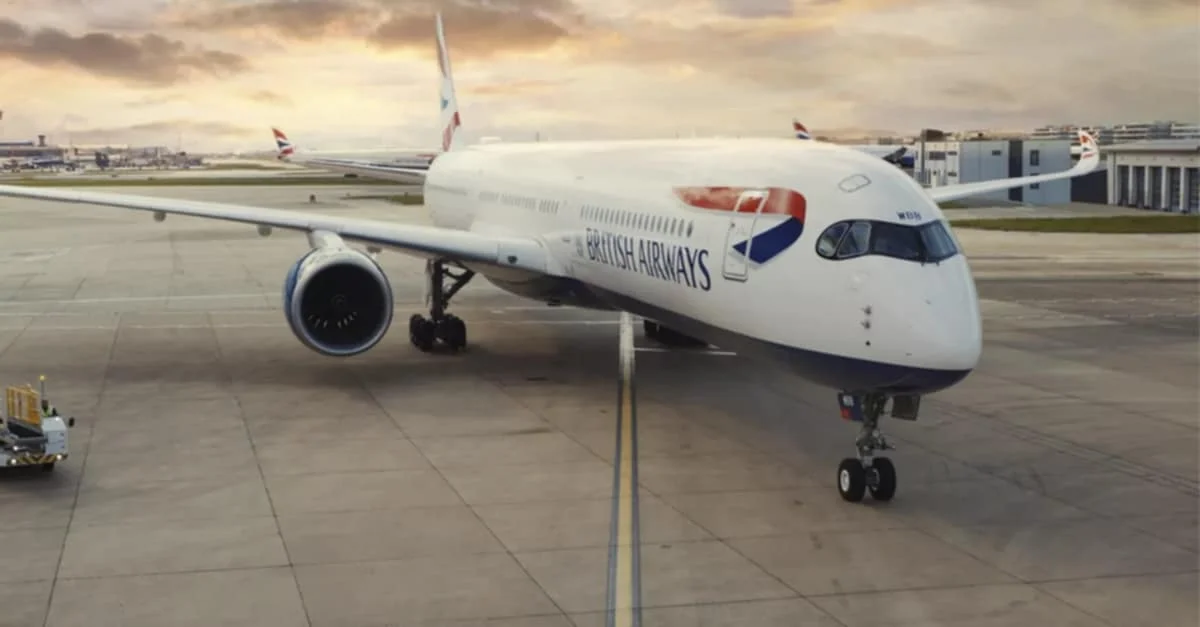Low-cost carriers face a critical decision when choosing aircraft for their fleets. These airlines, such as Spirit Airlines, Frontier Airlines, and Southwest Airlines, focus on reducing unit costs to offer cheaper tickets compared to full-service competitors like American Airlines, Delta Air Lines, and United Airlines. Maintaining a cost advantage is crucial for these budget airlines.
Spirit Airlines recently declared bankruptcy after losing its cost advantage over full-service competitors. One of the key financial decisions for low-cost carriers is selecting the type of aircraft to operate. Most budget airlines choose to operate just one kind of plane to minimize operating expenses related to maintenance networks, pilots, and airport infrastructure.
Budget airlines often choose between older aircraft available at lower prices or newer models with better fuel efficiency. Older planes like the Airbus A330 and Boeing 737 Next Generation are cheaper but less fuel-efficient. In contrast, next-generation aircraft such as the Boeing 737 MAX and Airbus A320neo offer significant improvements in fuel efficiency despite higher purchase prices.
 Alerts Sign-up
Alerts Sign-up












